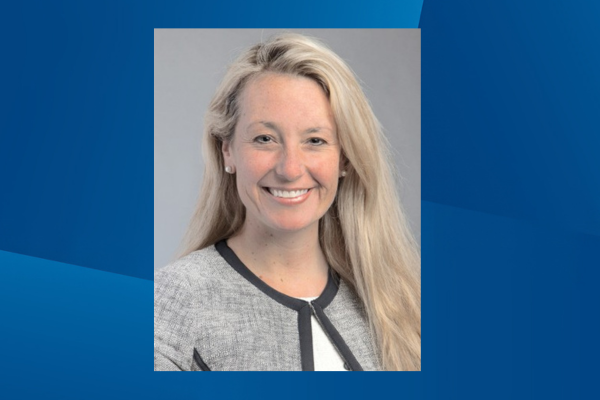
Kristen E. Jones, MD, FAANS, has joined the Duke Spine Division as an associate professor of neurosurgery and orthopaedic surgery. She is an internationally recognized spinal deformity neurosurgeon specializing in complex spine surgery, including scoliosis and spinal deformities of all types in all areas of the spine in adult and pediatric patients.
Her clinical research focuses on improving safety and reducing complications in complex spine surgery, particularly in spinopelvic fixation. She has authored ten book chapters and numerous peer-reviewed publications. She is a board-certified fellow of the American Association of Neurological Surgeons and a member of the Congress of Neurological Surgeons and the Scoliosis Research Society.
Dr. Jones completed her undergraduate education at the University of Notre Dame, her medical degree from Tulane University School of Medicine, and neurosurgery residency training at the University of Pittsburgh and the University of Minnesota. She completed an orthopedic complex spine fellowship at the University of Minnesota under renowned surgeon Dr. David Polly.
Welcome, Dr. Jones!
____________________________
Q&A with Dr. Jones
Q: What brings you joy?
A: I enjoy caring for complex spinal deformity patients of all ages, particularly patients referred for help after failing treatment elsewhere. Each deformity patient has unique challenges, and working on a team to help them is gratifying.
I love riding my horses in jumping competitions across the country.
Q: What excites you about this role at Duke?
A: Duke stands out among top institutions for having experts in every subspecialty within spine. I'm excited to help my partners as we work to become the top spine surgery program in the country.
I love teaching and am excited to work with our students, residents, and fellows!
Q: Your hometown – where are you from?
A: Philadelphia
Q: Where do you see your area of orthopaedics going within the next five to ten years?
A: Preventing and treating spinal deformity earlier in its development, from gene-based therapy for congenital disorders to earlier detection and intervention for adults with more minor surgeries that preserve spinal alignment and allow for a better quality of life with fewer revision surgeries.